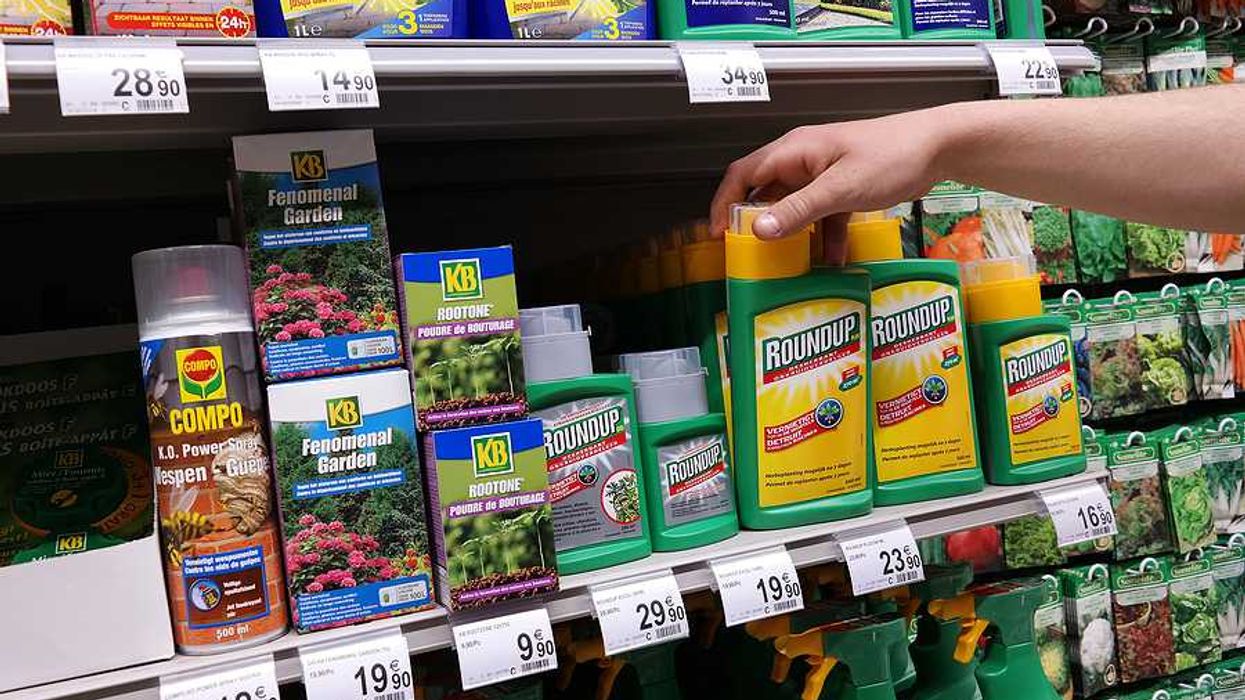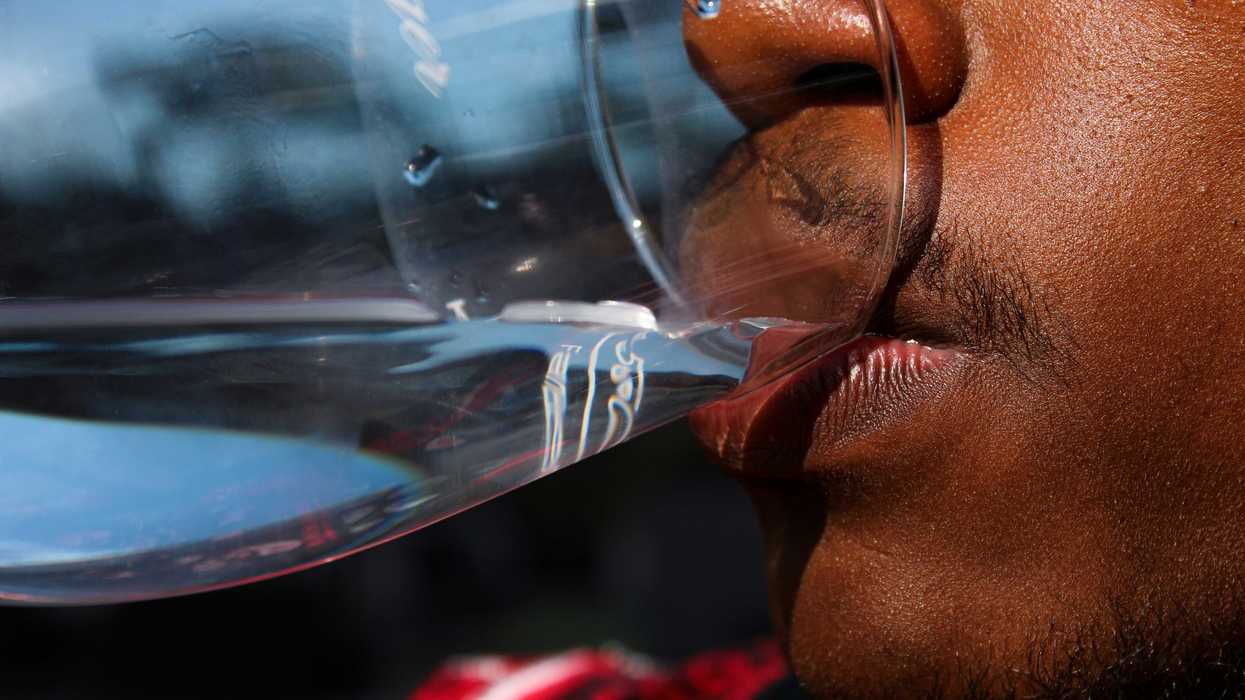Communities living near factory farms are using a new scientific tool to track pig feces in their homes — and fight back.
Hana Mensendiek reports for U.S. Right To Know.
In short:
- Residents in Duplin County, North Carolina, worked with Johns Hopkins scientists to create Pig-2-Bac, a tool that identifies pig manure DNA in household dust.
- The data helps communities prove that fecal waste from nearby factory farms is contaminating their air and homes, strengthening legal cases against polluters.
- Researchers say the tool could support lawsuits and Environmental Protection Agency enforcement, especially as new clean air rules targeting livestock emissions take shape.
Key quote:
“When we’re telling the powers that be how bad it is sometimes, that our eyes are watering, our nose is running, and we’re coughing, sometimes we hear, ‘oh, it can’t be that bad’”.
— Devon Hall Sr., director of Rural Empowerment Association for Community Help
Why this matters:
Factory farm air pollution is a serious but underregulated health threat, linked to asthma, respiratory illness, and mental health conditions.For communities buried in the stink of Big Ag, this little dust test could be a breath of fresh air — and a shot at justice. As federal oversight stalls and right-to-farm laws shield industry, tools like Pig-2-Bac give communities a rare shot at holding powerful companies accountable.
Read more from EHN:
Peak Pig: Read our full series on the fight for the soul of rural America.














